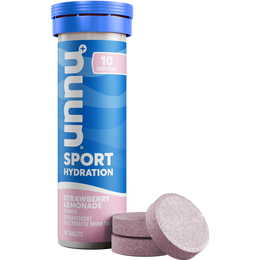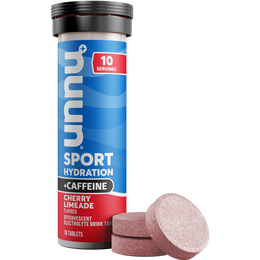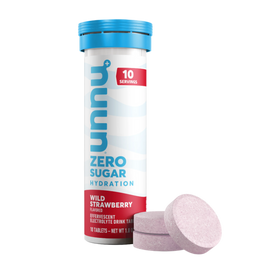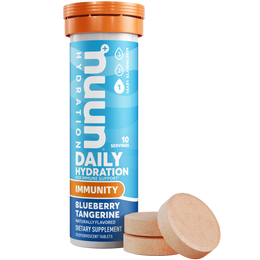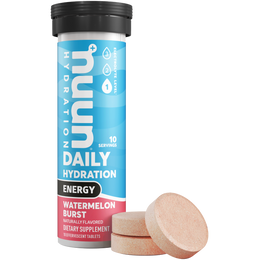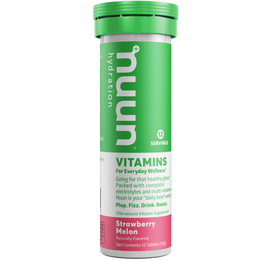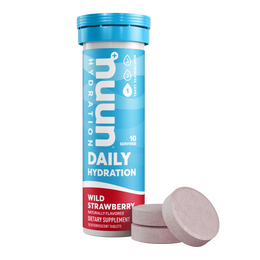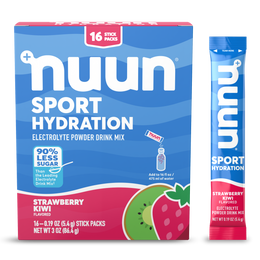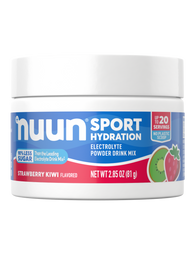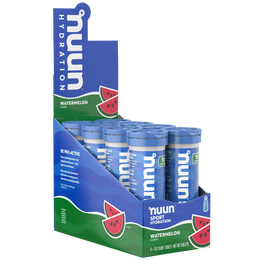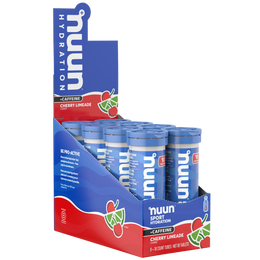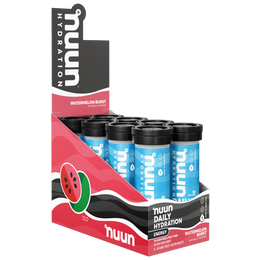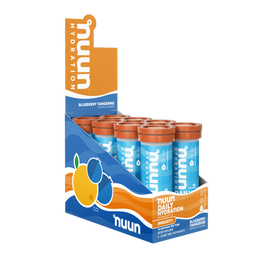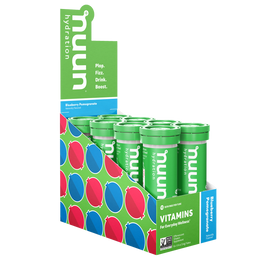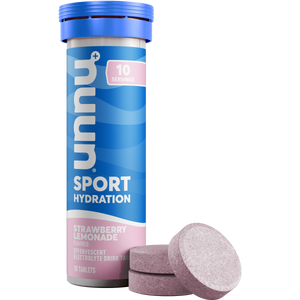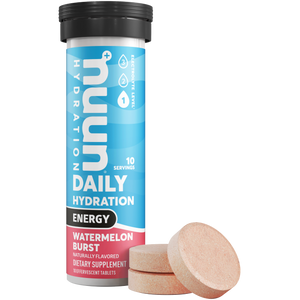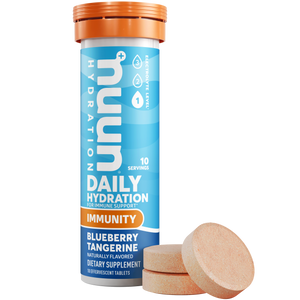Your heart beats about 100,000 times per day—that’s a lot of work! But that hard-working muscle the size of a fist is just part of a network of blood vessels that deliver much-needed oxygen and nutrients to all parts of your body. Cardiovascular health isn’t just about running marathons; it affects every aspect of your well-being. Learn why a strong heart is key to overall wellness and how to improve heart health with simple lifestyle changes.
The Hidden Risks of Poor Heart Health
Heart disease is one of the leading causes of health issues globally. Heart disease is a broad term for various conditions that affect the heart's structure and function. The most common type is coronary artery disease (CAD), which occurs when the arteries that supply blood to the heart become narrowed or blocked due to a buildup of fats and cholesterol (also known as plaque).i This can lead to serious complications like heart attacks and strokes.i
Symptoms of coronary artery disease can include:i
-
Chest pain, tightness, and pressure, also called angina
-
Shortness of breath
-
Pain, numbness, weakness or coldness in the legs or arms
Other forms of heart disease include:i
-
Arrhythmias: Irregular heartbeats that can cause dizziness, chest pain, or shortness of breath.
-
Congenital heart defects: Heart conditions present at birth.
-
Heart valve disease: Damage to the heart’s four valves that regulate blood flow.
Many factors contribute to heart disease. While some factors might be tied to outside causes, such as genetics and family history,ii many people don’t realize that factors like dehydration, poor nutrition, and lack of exercise can put extra strain on the heart.i
Risk factors of heart disease
Heart disease develops due to a combination of lifestyle, genetic, and environmental factors. Some of the most common risk factors include:i
-
High blood pressure (hypertension): This causes the arteries to become hard and thick, which alters blood flow to the heart and body.
-
High cholesterol: Having high cholesterol, especially from an unhealthy diet, increases the risk of heart attack and stroke.
-
Unhealthy eating habits: Consuming foods that are high in fat, salt, and sugar contributes to major heart disease risk factors.
-
Smoking: Substances in tobacco smoke damage the arteries, and heart attacks are more common in people who smoke than in people who don't smoke.
-
Lack of exercise: Being inactive is associated with many forms of heart disease, weakening the heart muscle and slowing circulation.
The Relationship Between Heart Health and Cognitive Function
Your heart and brain are a powerhouse duo, working together to keep you energized, focused, and feeling your best. Now, studies have shown that working towards improving your heart health also has benefits to how you think and function. The connection between heart health and cognitive function comes down to the heart’s ability to pump blood to the brain: reduced blood flow from a failing heart has been linked to cognitive impairment and dementia.iii,iv
When cardiovascular health declines—due to issues like high blood pressure, poor circulation, or dehydration—brain function can suffer, leading to language and verbal fluency, processing speed, working memory, and executive function.iv According to studies, 43% of those experiencing heart failure saw signs of cognitive impairment.iv
On the flip side, a strong cardiovascular system reduces the risk of dementia and cognitive decline over time. Taking care of your heart isn’t just about endurance—it’s about supporting your mind, too!
Heart Health Promotes Physical Health, and Vice Versa
Your heart loves movement—and it could even save your life! This is because inactive people are nearly twice as likely to develop heart disease as those who are more active, according to the U.S. Surgeon General’s Report on Physical Activity and Health.vi Heart disease impacts your physical health when the arteries that supply blood to the heart muscle become hardened and narrowed due to a buildup of plaque on the arteries’ inner walls.vi As plaque continues to build up in the arteries, there’s less blood flow to your heart.iv
Regular physical activity strengthens your heart and protects against heart disease by burning extra calories. This helps you to lose excess weight that could otherwise put a strain on your heart.vi
You don’t have to run a marathon to reap the benefits of physical activity. Something as simple as a brisk 30-minute walk each day also helps lower the chances of getting other conditions that may put a strain on the heart, such as high blood pressure, high cholesterol, obesity, and type 2 diabetes.v A strong heart means more endurance, better energy, and a happier, healthier you—so keep moving!
How to Prioritize Heart Health
The good news is that small, consistent habits can significantly improve cardiovascular health. Here are some of the easiest ways to begin incremental lifestyle changes for long-term heart health:v
-
Regular, daily physical activity can lower the risk of heart disease.v,vi Whether it’s a brisk walk, a dance session, or strength training, regular movement strengthens your heart.
-
Eat heart-friendly foods such as colorful fruits, veggies, whole grains, and healthy fats. Consider a Mediterranean diet that emphasizes these minimally processed ingredients as well as nuts, beans, whole grains, and olive oil.vii
-
Manage any chronic stress that might impact heart function. Breathing exercises, meditation, and sleep all play a role in keeping your heart happy.
Choosing heart-healthy exercises
Everyone’s body is different, and the key to a successful fitness program is choosing an activity that is fun and works well for you. Ask yourself these questions before you start a new routine:vi
-
How physically fit are you?
-
What benefits do you want to get?
-
Do you prefer to be active individually or in a group or team setting?
-
Do you prefer to be active outdoors or at home?
-
Should you join a gym and/or work with a fitness professional?What is the best time of day for you to be active?
Once you decide on these answers, it becomes much easier to start! Try beginning with less strenuous activities such as walking, biking, or swimming at a comfortable pace, allowing you to ease into fitness without putting too much strain on your body.vi
While you’re exercising, you might need to pay attention to your heart rate, which helps you know whether you’re improving your cardiovascular fitness. This is where your target heart rate comes in, which is a percentage of your maximum heart rate (or how fast your heart beats in a minute).
Your healthy heart rate during exercise varies depending on your age.vi A target heart rate of 50-75% of your maximum rate is your most healthful activity level—but you don’t have to strain yourself physically.vi You can even hit your target heart rate through a brisk jog or a walk through a hilly neighborhood, helping you maximize your gains and minimize risks.
Boost heart health by staying hydrated
Not only does water make up about 60 percent of your body weight, but it is also critical for heart health—dehydration makes your heart work overtime.viii When you’re experiencing dehydration, the amount of blood circulating through your body decreases, and your heart beats faster to compensate. This increases both your heart rate and your blood pressure. Your blood also retains more sodium when you’re dehydrated, thickening your blood and making it harder for your blood to circulate through your body.vii
Therefore, keeping your body hydrated helps your heart pump blood more easily and allows oxygen to reach your muscles, which helps the muscles work efficiently. Electrolytes help your body maintain its balance of sodium and other essential minerals while supporting circulation throughout your day.
What Happens When You Take Care of Your Heart?
-
More energy: A strong heart delivers oxygen more efficiently, reducing fatigue.
-
Sharper focus: Proper blood flow supports brain health and cognitive function.
-
Better endurance: Whether you're running, cycling, or just tackling a busy day, your stamina improves.
-
Long-term health: A healthy heart reduces the risk of chronic illnesses, helping you live life to the fullest.
Take a Step Toward a Healthier Heart Today
Prioritizing cardiovascular health isn’t about perfection—it’s about progress. Start by moving a little more, fueling your body with heart-loving nutrition, and staying ahead of dehydration with Nuun. Whether you’re chasing personal records or chasing your kids around the house, a strong heart keeps you healthy overall for years to come. Explore Nuun products that can help you stay active while maintaining optimal hydration levels so you can keep your heart, body, and brain performing at their best!
